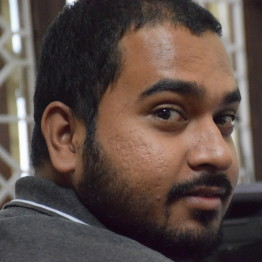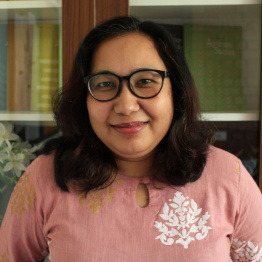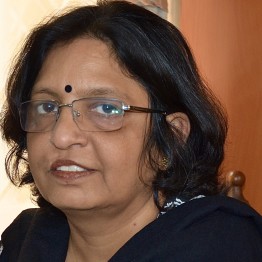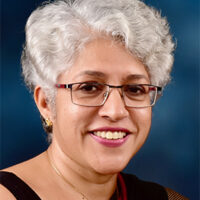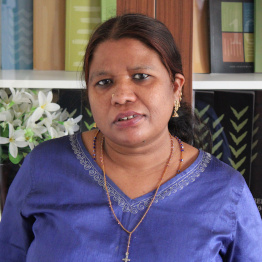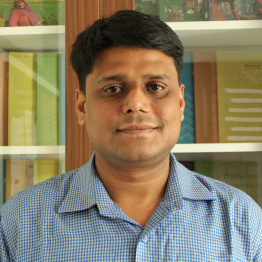#FASPanel | Public Spending on Agriculture in India
The Foundation for Agrarian Studies (FAS), Bengaluru has on March 19, 2022, organised a virtual panel discussion, “Public Spending on Agriculture in India,” with R. Ramakumar, Professor, Tata Institute of Social Studies, Dr. Vijoo Krishnan, Joint Secretary, All India Kisan Sabha, and Dr. S. Niyati, Associate Scientist, International Rice Research Institute.
Watch the recording of the discussion here:
India’s agricultural growth was historically dependent on the investments made by the public sector. The green revolution and increases in overall agricultural production and productivity were made possible by state intervention in terms of technology, prices, credit, and marketing. However, there has been a withdrawal of the State from these spheres after the 1990s. Research conducted by FAS shows that the public expenditure on agriculture has continued to decline considerably in the past decade (2010-11 to 2019-20).
Raya Das and Abhinav Surya, research scholars who were consultants to the FAS, presented the main findings of the research report. The research project, led by Prof. Ramakumar, was supported by the Rosa-Luxemburg-Stiftung.
During the discussion, Prof. Ramakumar said that the overall public expenditure is unacceptably low in India compared to the developed countries and even some developing countries. He elaborated about direct cash transfers being an escape route for the Central Government. The fiscal consolidation measures of the Central Government led to rising anger and unrest among the rural population. Given this scenario, the Government was not left with any other option than to provide direct cash transfers.
Dr. Vijoo Krishnan of the All India Kisan Sabha said that the decline in governments’ agricultural expenditure will lead to the pauperisation of small and marginal farmers. As the government withdrew from public spending in agriculture, farmers are increasingly driven into debt and suicide. He pointed out that while the Modi Government came into power with claims of doubling farmers’ incomes and implementation of the M. S. Swaminathan committee report, it has failed to fulfill any of these promises.
Dr. S. Niyati touched upon the effect of policies on women in agriculture. She spoke about how women’s work is undercounted even though they are increasingly taking up roles of cultivators and wage workers in rural India. Even as the amount of work that they are involved in is increasing, women lack access to productive forces. As a result, women farmers lose out on any assistance that governments provide and as this dwindles, the effects are worsened further in the current context. She said that the Central Government’s spending on schemes such as MGNREGS and on agricultural research and extension is crucial in increasing incomes rural women.



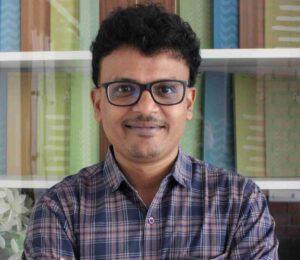







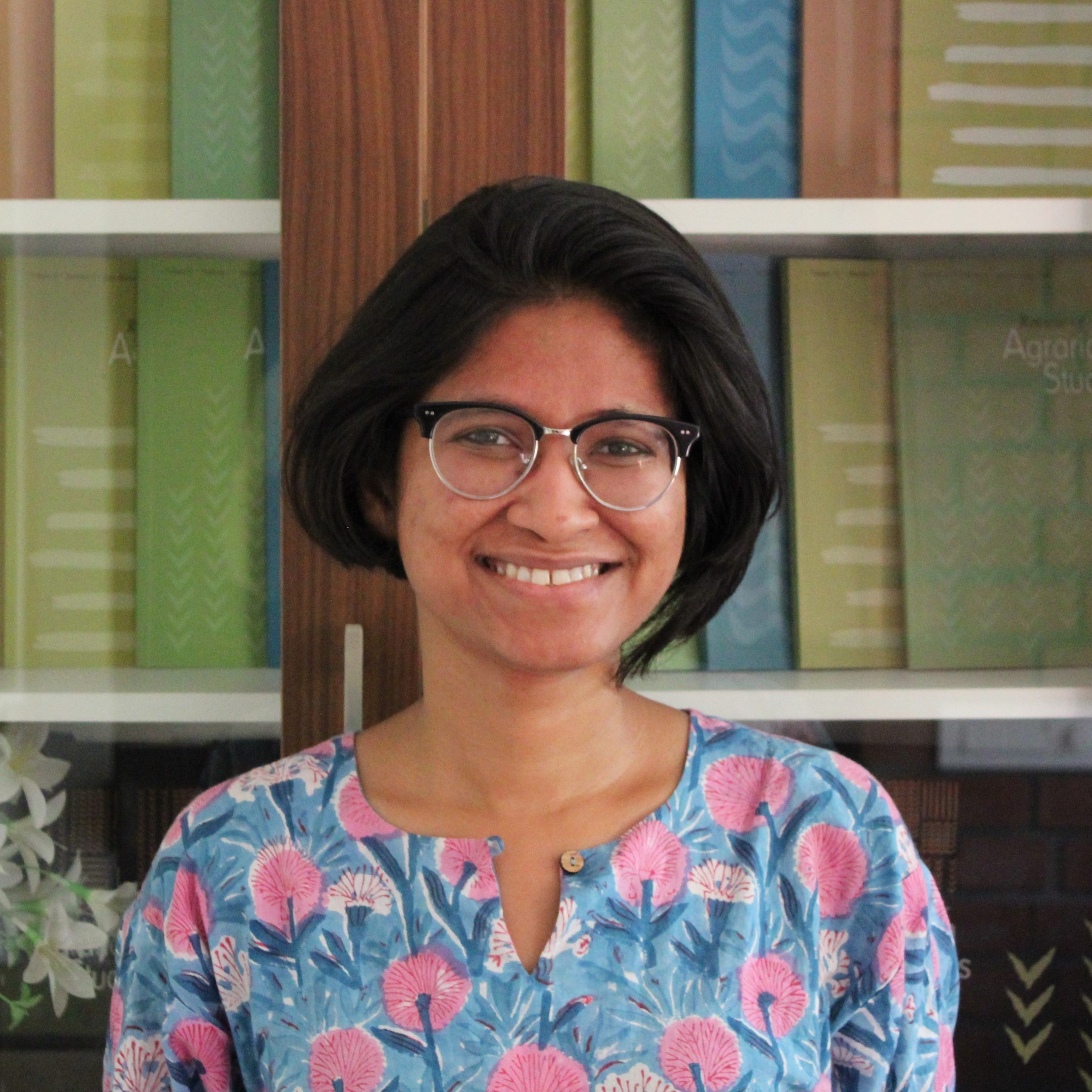


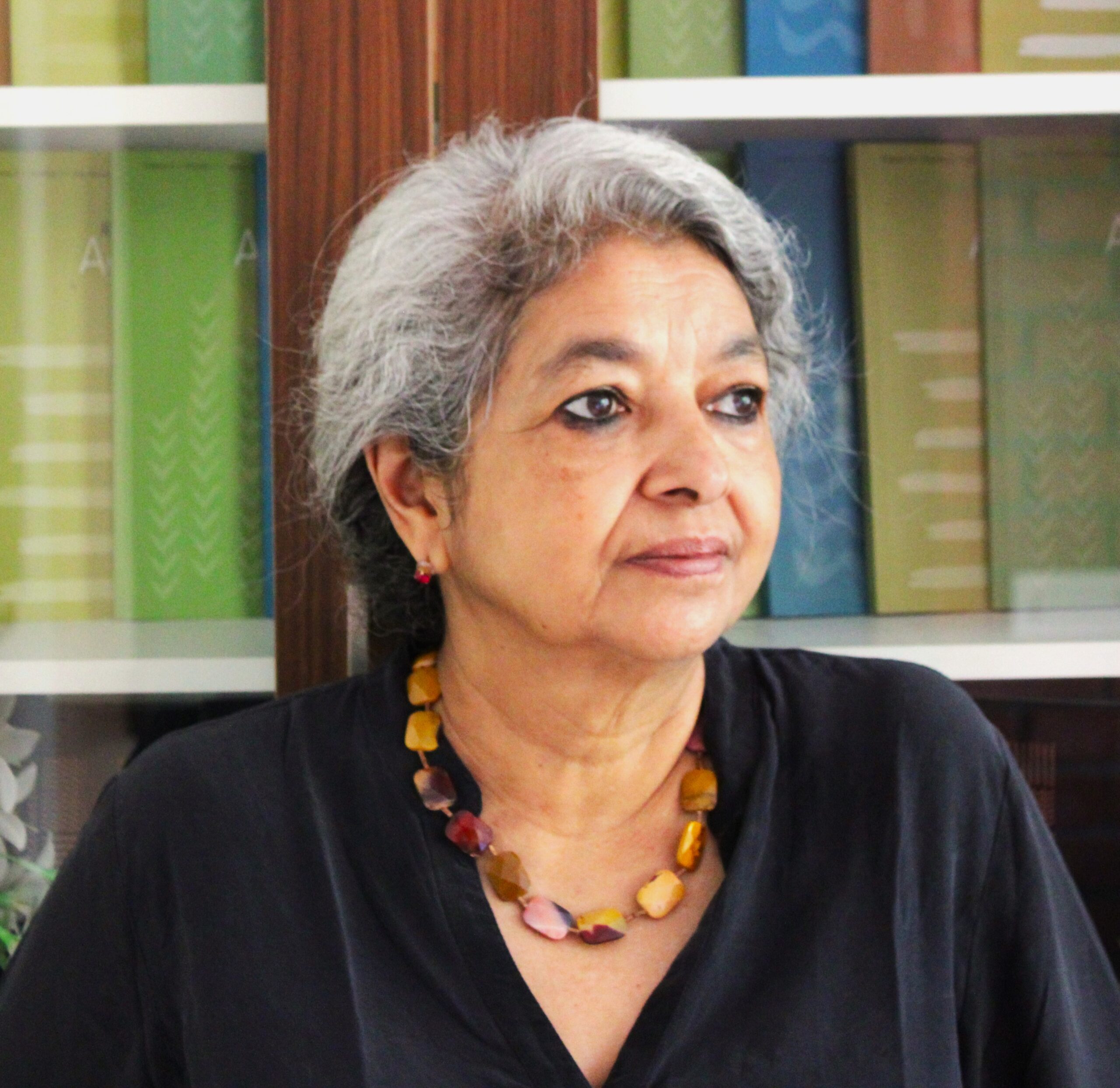
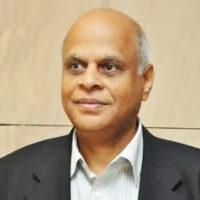
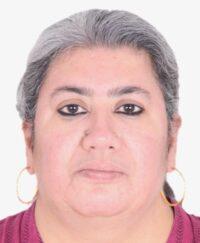








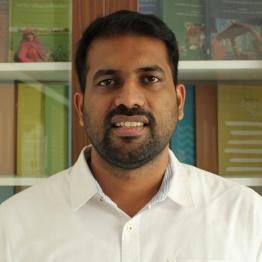


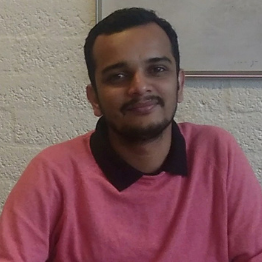




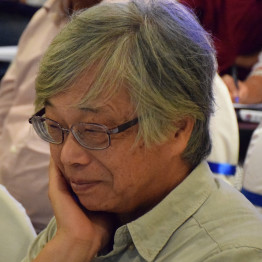
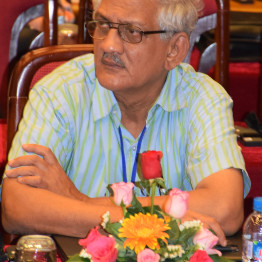
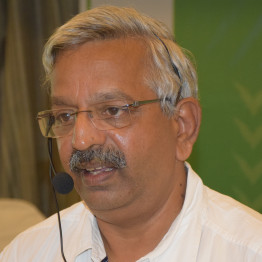

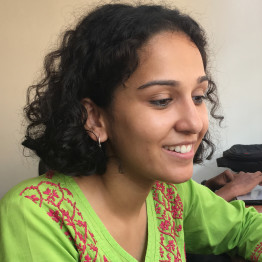
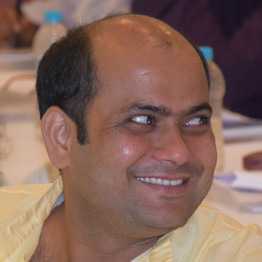

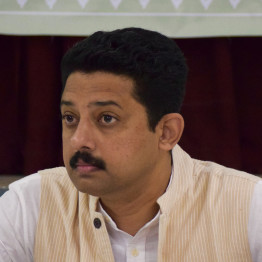


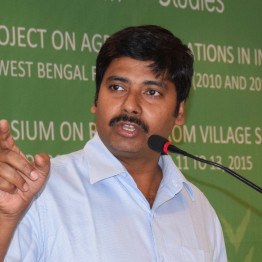

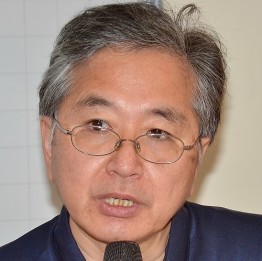


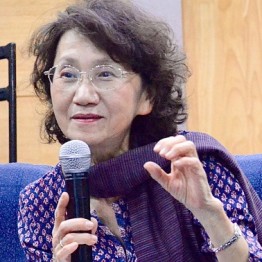




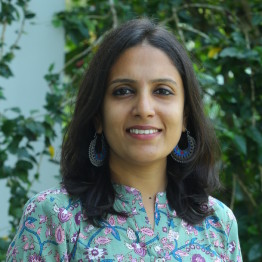
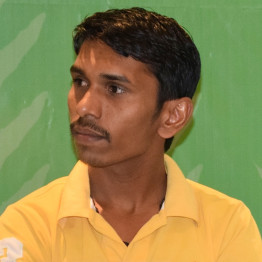
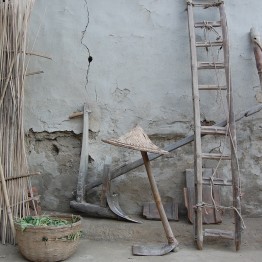
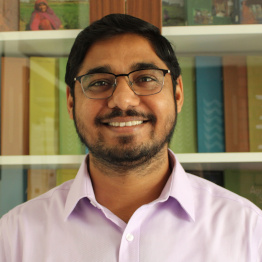
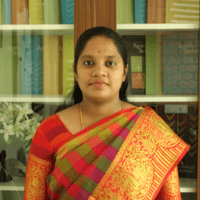 Sudha is an Administrative Assistant of the Foundation. She assists the administrative division of the Foundation and also has taken part in fieldwork organised by the Foundation.
Sudha is an Administrative Assistant of the Foundation. She assists the administrative division of the Foundation and also has taken part in fieldwork organised by the Foundation.




